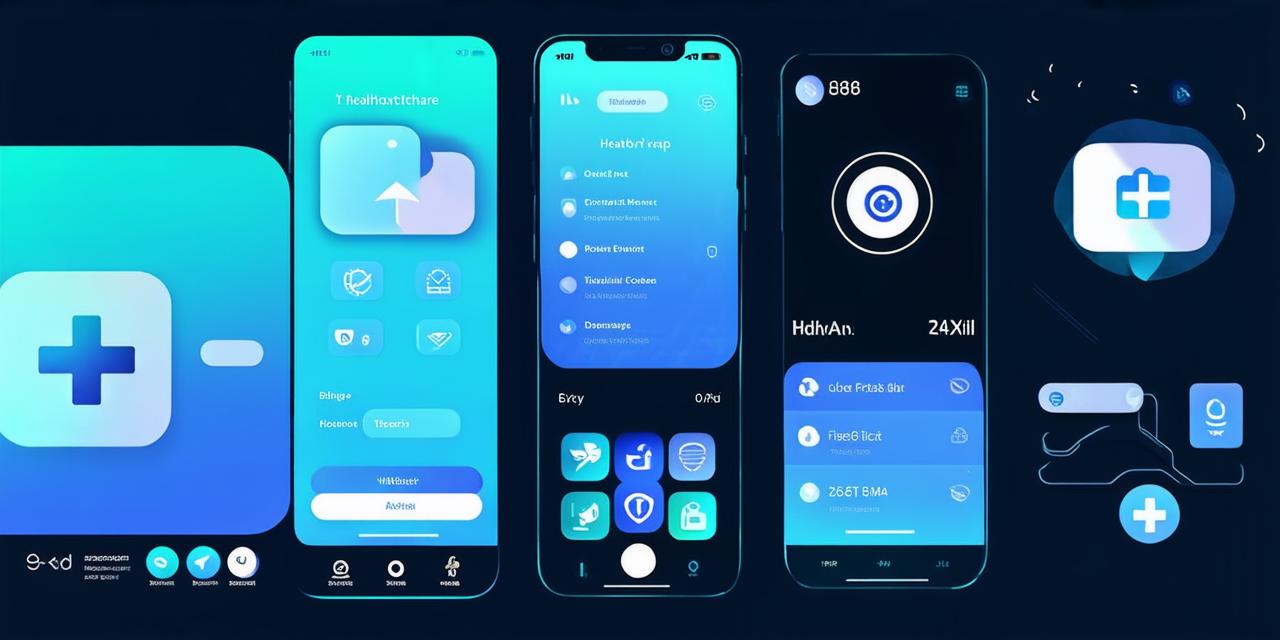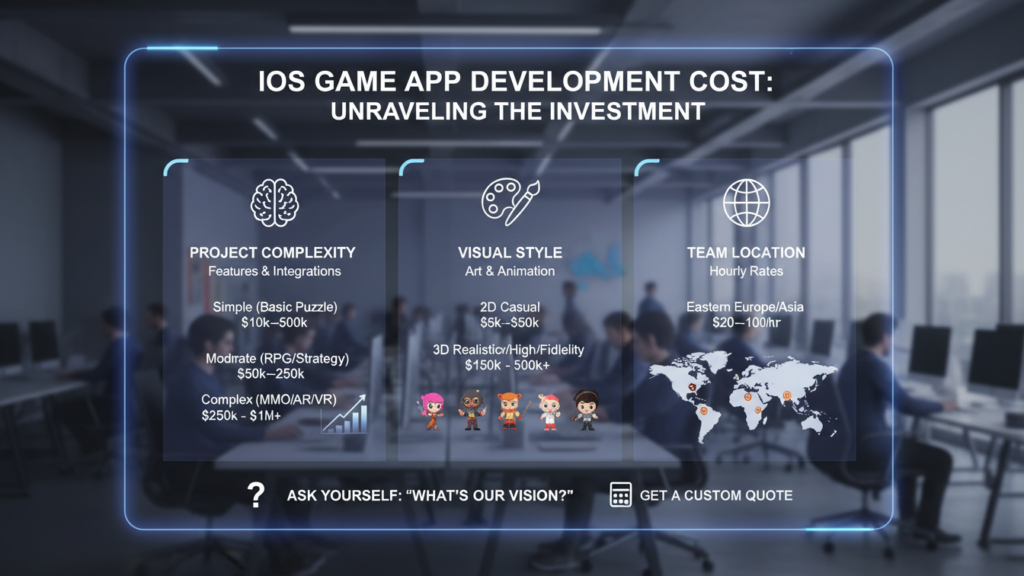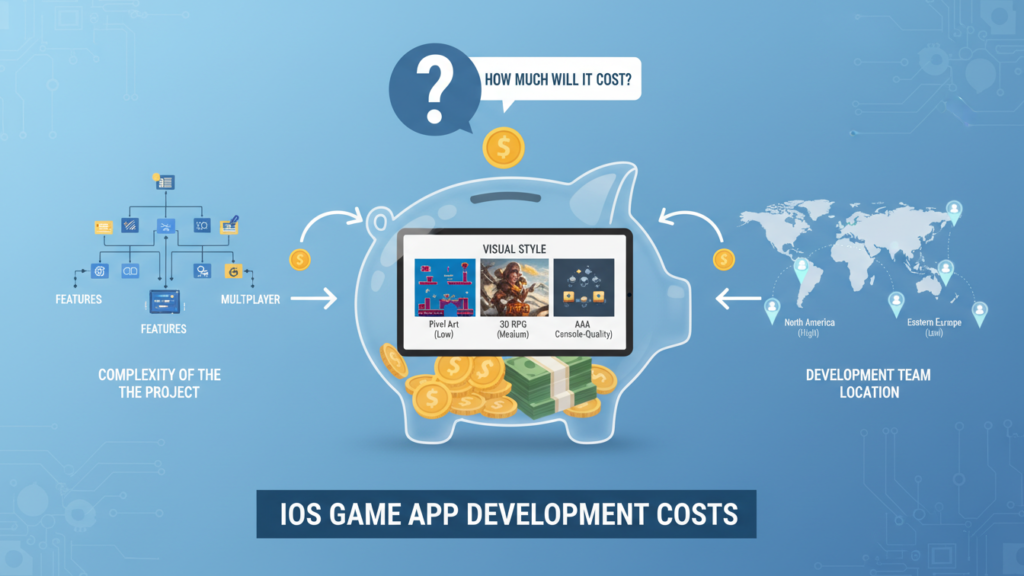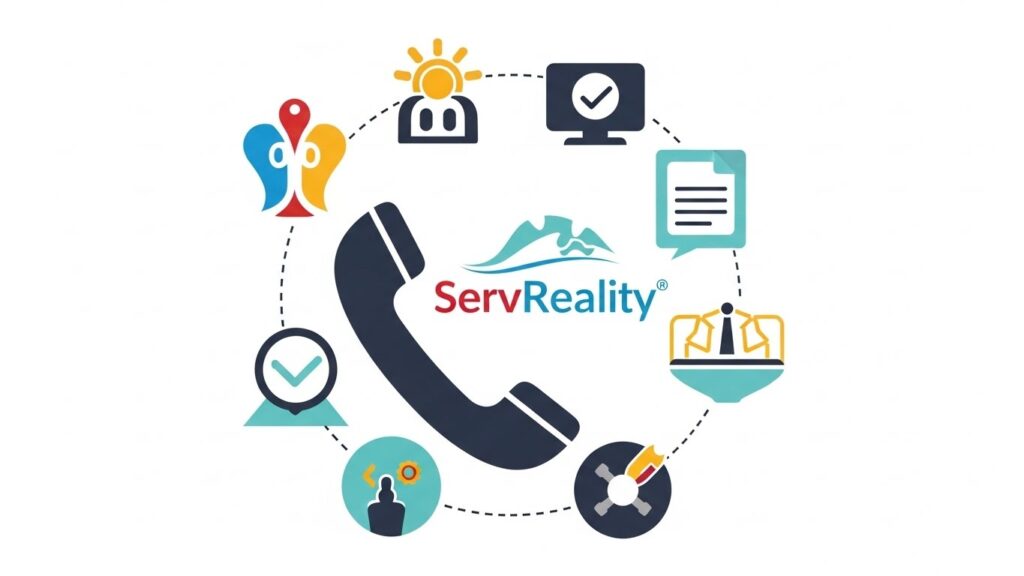The Impact of Healthcare Apps on Patient Outcomes
Healthcare apps are designed to improve patient outcomes by providing personalized and accessible healthcare services. These apps can help patients manage chronic conditions, track medication adherence, monitor their health status, and connect with healthcare providers.
Research shows that the use of healthcare apps can lead to better patient outcomes, improved quality of life, and reduced healthcare costs.
Case Studies: Improving Healthcare Delivery with Healthcare Apps
One example of the impact of healthcare app development on healthcare delivery is the development of telemedicine apps. Telemedicine apps allow patients to connect with healthcare providers remotely, reducing the need for in-person visits and improving access to healthcare services.
For instance, the Teladoc app allows patients to connect with healthcare providers via video call or text message. The app has been shown to reduce hospital readmissions, improve patient satisfaction, and reduce healthcare costs. A study published in the Journal of Medical Internet Research found that the use of telemedicine apps can reduce the number of hospital readmissions by up to 45%.
Another example of the impact of healthcare app development on healthcare delivery is the development of mobile health monitoring apps. These apps allow patients to monitor their health status in real-time, enabling them to make informed decisions about their health and wellbeing.
For example, the Fitbit app allows patients to track their physical activity, sleep patterns, heart rate, and other health metrics. The app has been shown to improve patient outcomes by encouraging patients to engage in healthy lifestyle behaviors such as regular exercise and adequate sleep. A study published in the Journal of Medical Internet Research found that the use of mobile health monitoring apps can lead to a significant reduction in the risk of cardiovascular disease.
The Role of Healthcare App Developers in Improving Patient Engagement
Healthcare app developers play a crucial role in improving patient engagement by providing patients with personalized and accessible healthcare services. By designing apps that are user-friendly, engaging, and informative, healthcare app developers can encourage patients to take an active role in their health and wellbeing.
For example, the development of patient portals allows patients to access their medical records, request appointments, and communicate with healthcare providers online. The use of patient portals has been shown to improve patient engagement and satisfaction by providing patients with greater control over their health information.
Another example of the role of healthcare app developers in improving patient engagement is the development of gamification apps. Gamification apps use game design elements such as badges, rewards, and challenges to encourage patients to engage in healthy lifestyle behaviors such as regular exercise and healthy eating.
For instance, the MyFitnessPal app uses gamification to help patients track their calorie intake, set fitness goals, and earn badges for achieving these goals. The app has been shown to improve patient engagement by making it fun and easy to track dietary and physical activity data.
The Future of Healthcare App Development
The future of healthcare app development is bright, with the continued adoption of mobile devices and advancements in healthcare technology. Healthcare app developers will continue to play a crucial role in improving patient outcomes, reducing healthcare costs, and enhancing patient engagement.
One area where healthcare app development is likely to have a significant impact is in the field of precision medicine. Precision medicine involves tailoring medical treatments to individual patients based on their unique genetic makeup, lifestyle factors, and health status. Healthcare app developers can play a crucial role in the development of precision medicine by providing personalized healthcare services and enabling patients to track their health status in real-time.
Another area where healthcare app development is likely to have a significant impact is in the field of telemedicine. As the use of telemedicine continues to grow, healthcare app developers will need to develop apps that are secure, reliable, and user-friendly to ensure that patients can connect with healthcare providers safely and effectively.

Summary
In conclusion, healthcare app developers play a crucial role in modern medical solutions by improving patient outcomes, reducing healthcare costs, and enhancing patient engagement. By designing apps that are user-friendly, engaging, and informative, healthcare app developers can encourage patients to take an active role in their health and wellbeing. With the continued adoption of mobile devices and advancements in healthcare technology, healthcare app development will continue to play a crucial role in improving healthcare delivery and enhancing patient outcomes.



